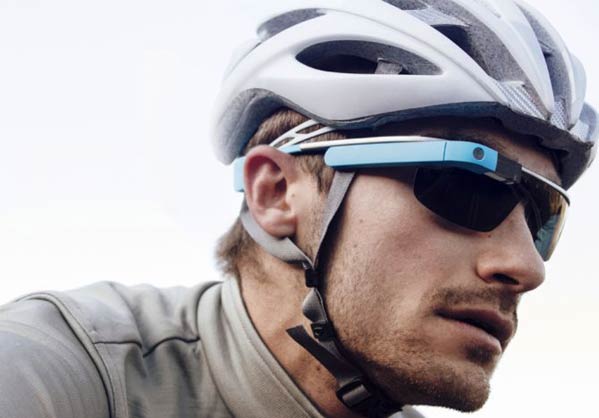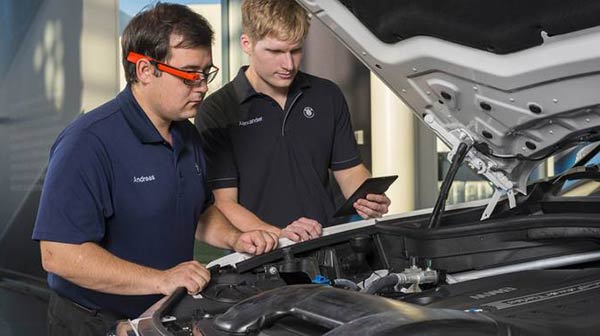According to sources speaking to the Wall Street Journal, Google plans to replace the guts of its Glass wearable, currently supplied by Texas Instruments, with Intel processor tech. This new version of the glasses frame hosted wearable is expected to be made available next year.
The decision is reportedly part of a wider drive by Chipzilla to become more involved with wearable technology. However the WSJ admits that there are currently limited technical details available, and the exact chip Google will be using in the new version of Glass remains unspecified.

Intel has so far found limited success in its efforts to tap into the mobile / smartphone space, seemingly forever losing out to rival ARM which powers the majority of smartphones in the current market. The company only managed to start offering smartphone processors that could connect to 4G LTE networks last year, so gaining a head start in the wearables market will be an important step for Intel in order to not repeat its past mistakes. The company's Quark, Edison and its recently unveiled luxury MICA bracelet all form part of its attempt to gain presence in the wearable space.
Google, on the other hand, has seen its Glass spectacle's initial hype starting to reduce to worrying levels, with plenty of speculation in the gadget press that Google Glass might be dead. In addition to problems over privacy and driving safety concerns, the lack of a solid retail schedule and app makers abandoning Google Glass projects have resulted in the majority of consumers starting to dismiss the spectacles as a serious useful product. Given that both companies have their own struggle in the wearables market to overcome, we are excited to see how the wearable itself will be upgraded and benefit from the addition of Intel hardware.

We hear that Intel has plans to promote Glass in work environments, pitching to companies such as hospital networks and manufacturing businesses, whilst also developing new workplace uses for Glass. A good industry example we recently saw was of BMW workers using Google Glass to quality check on production lines (pictured above). However, Google still views the wearables primarily as a consumer device, thus over 95 per cent of Google's 300 employees working on the project will continue to be devoted to Glass consumer features.













